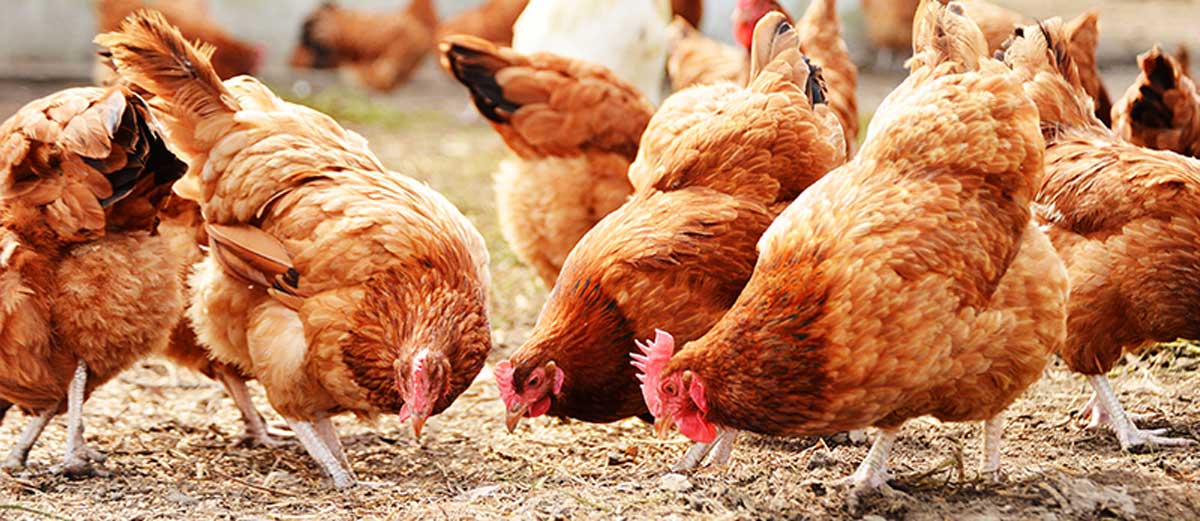Some investors in the agricultural sector, including farmers, processors, catfish and egg dealers, crowd funding platform operators and other investors, are counting losses not only in interest but also in capitals as the off-takers (the closed businesses ) remain unsure of when their businesses will fully re-open.
Rotimi Olibale Oloye, national president, of the Catfish and Allied Fish Farmers Association of Nigeria, disclosed that the sector has been impaired by severe labor shortages, transport bottlenecks and plummeting demand.
He explained that no sales have occurred aside from local consumption and that their products, being mostly used for social events, have exceeded local demand capacity.
This has resulted in an increase in transport costs, which have adversely impacted rural livelihoods, as well as farmers’ well-being and quality of life , given that their yields cannot be moved to markets.
Disruptions in transportation have made it difficult to move food from farm to consumer. Moreover, as many people have lost their incomes, food has become unaffordable to them.
Taofeek Badmus, general manager of Tuns Farms, in Osogbo, Osun State, said that apart from an inability to sell products, since most off-takers are off business, the cost of raw materials has seen a steady rise, while the final cost of goods has remained stagnant, making production and sustainability difficulty.
“The closure of hotels, event centers and functions has also affected sales of farm products with many of us having large stocks of finished products. Our experience was particularly painful during the lockdown as we kept on feeding birds and there was no market to sell them,.” Badmus noted.
Ayo Arikawe, chief technology officer at Thrive Agric, – a crowd-funding platform for agro-allied investments, – explained that chickens from their farms are mostly sold to processors, who, in turn, sell them to restaurants and hotels, which have either reduced or totally shut down operations.



